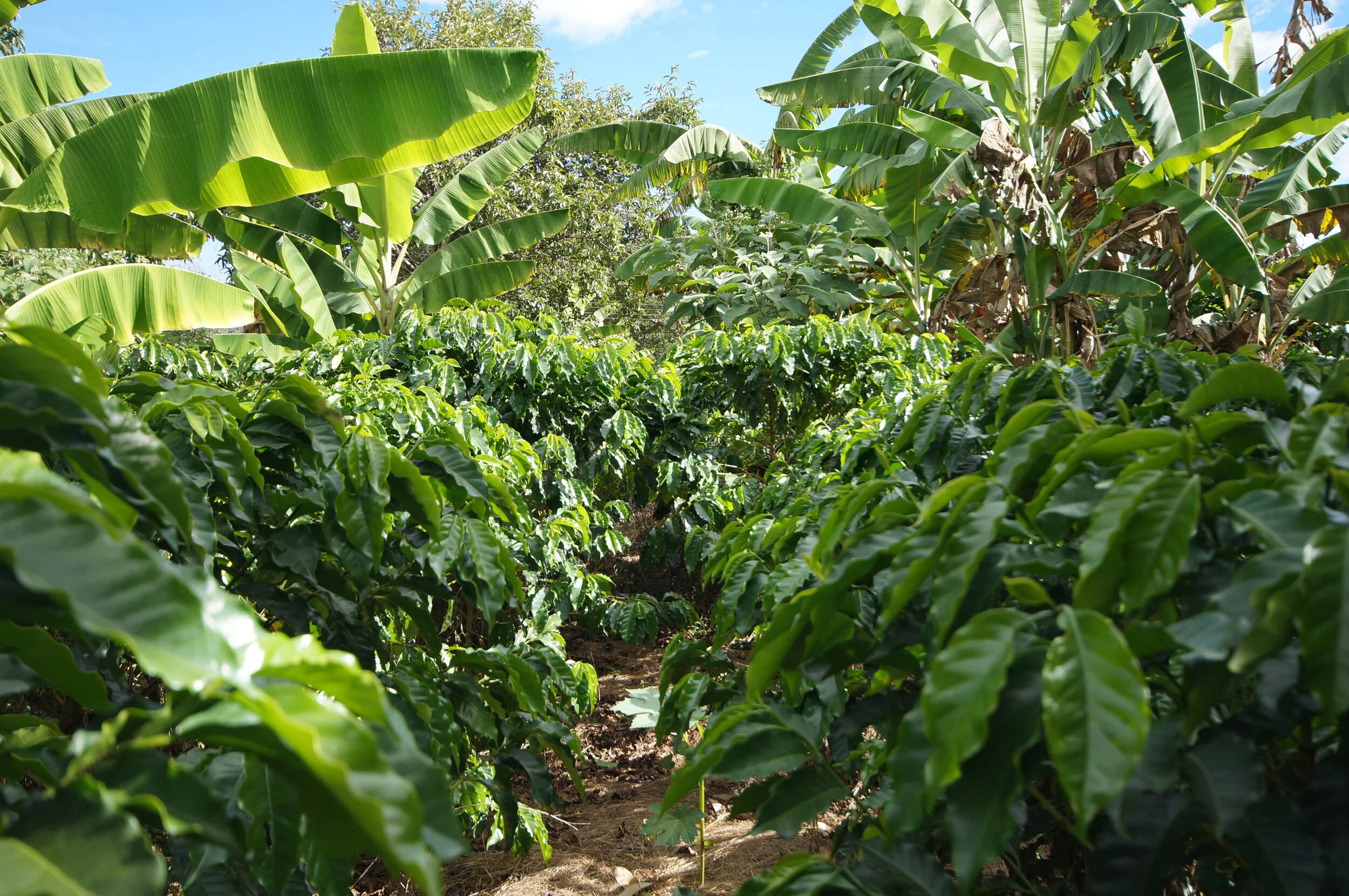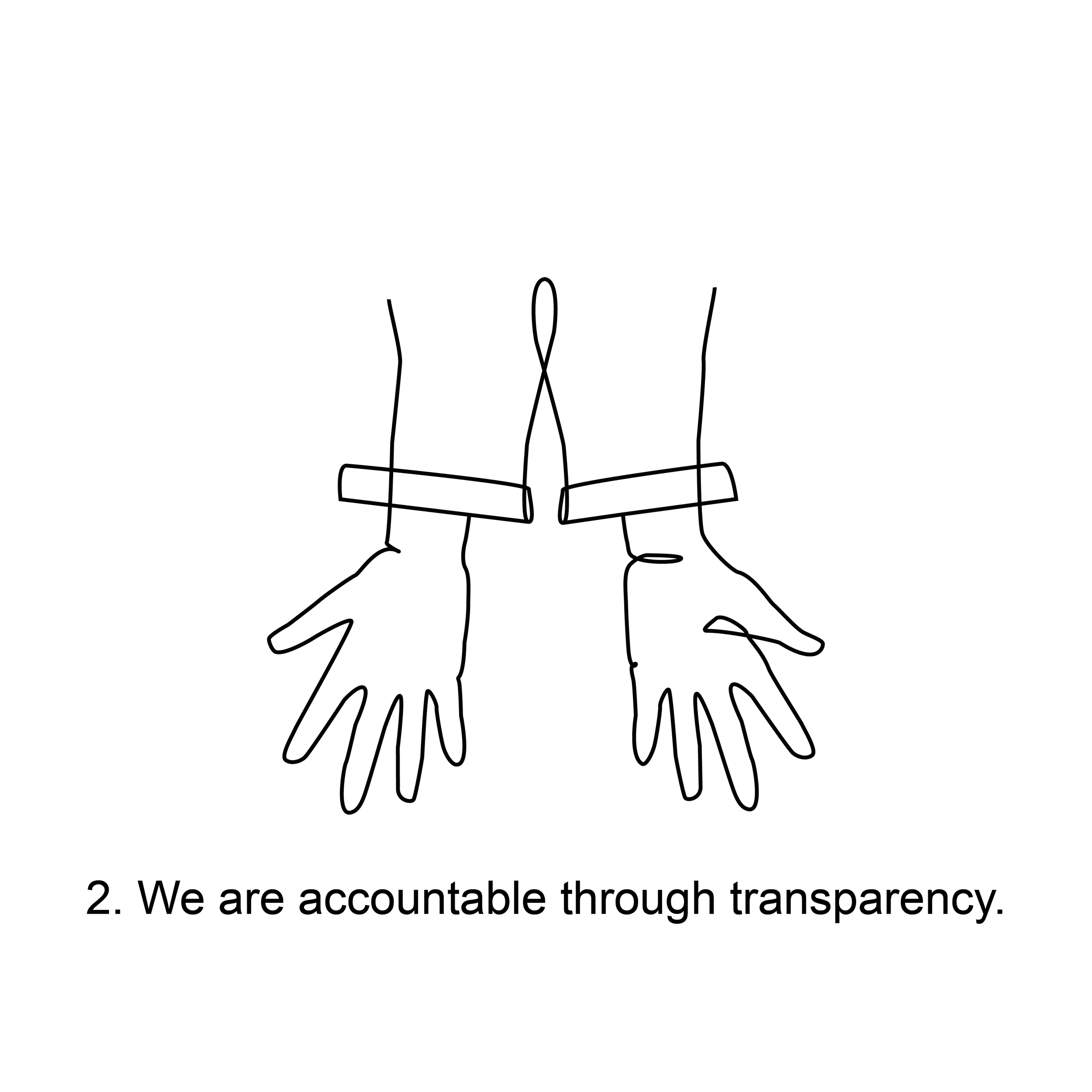It starts by having the guts to face the sad truth.
The sad truth is that there is no equality in the coffee industry. 70% of all coffee is still traded as a hollow commodity by men in suits who see only numbers, not quality, people or ecosystems. Certification is expensive and its impact questionable. Specialty coffee is an amazing tool to award farmers for quality, but leaves farmers vulnerable when traders don’t return year after year. Large coffee companies are not truly invested in empowering farmers - their measures taken to aid producers are more of a greenwashing effort than anywhere near a real solution. In fact, they continue to exploit farmers and are even starting to learn the language of specialty coffee, making it harder to distinguish good from bad. Since 2013s, we have proved that there are many people who want to use their purchasing power to change this reality. But with hardly any independent and transparent players in the market, how can we expect the final consumer to know how to do this?
If this reality continues and prices stay as they are, coffee lands will look very different in thirty years. With no means for farmers to invest, soils will deplete and erode, they will send their children to cities for hope of a better life, rely only on subsistence farming - or worse, resort to producing illegal crops such as coca and opium for drug lords. Beyond not having any coffee anymore, the world will have been responsible for a lot of poverty simply by not acting when we could have.
The coffee world today
farmers
and producer organisations represent 10% of the total value of coffee trade, even though they provide at least 50%.
traders
and the stock market exist mainly to exploit information asymmetry, in effect to build a wall between farmers and their customers.
coffee industry
is increasingly consolidated, powerful, dictates all trade terms and can get away with ever lower coffee prices to increase profit.
Consumers
cannot see behind the wall that traders and the coffee industry puts up. Very limited traceability and communication with farmers.












